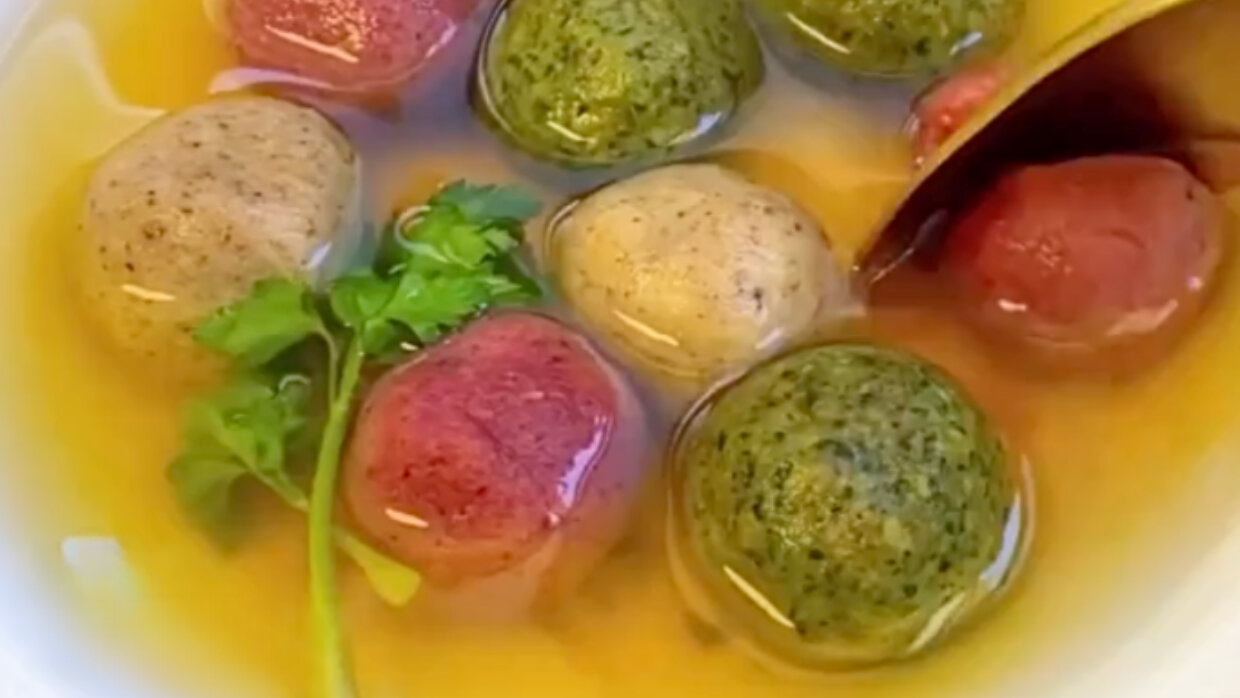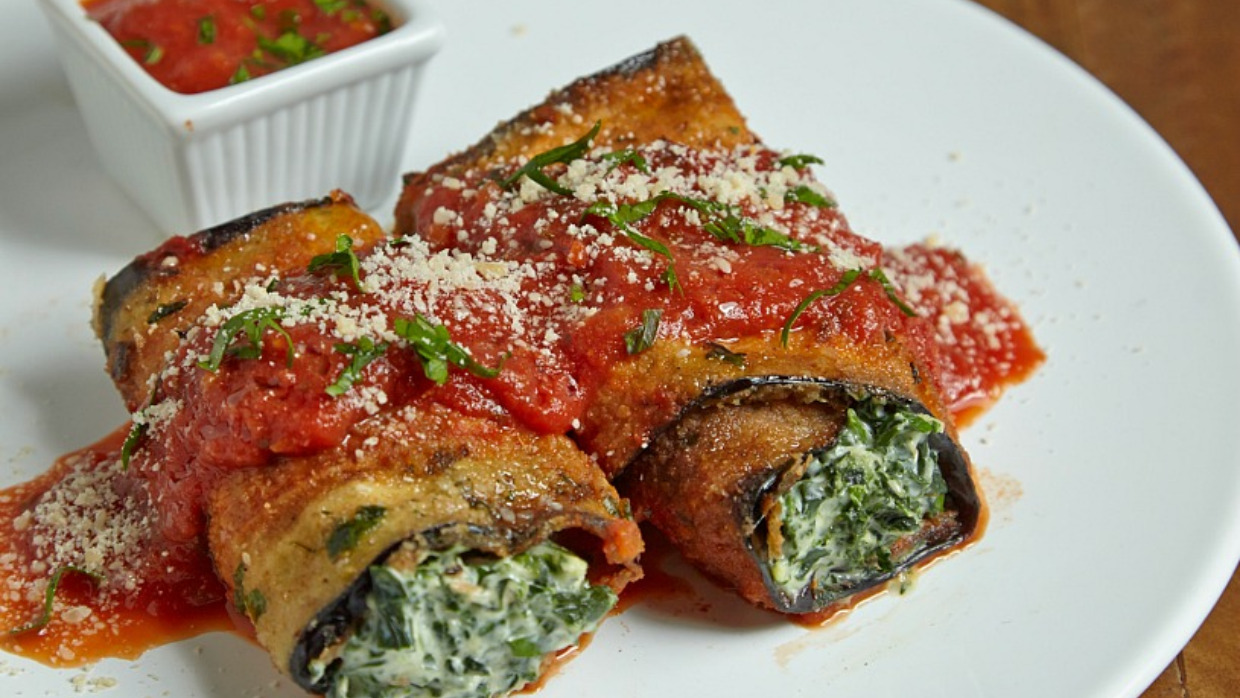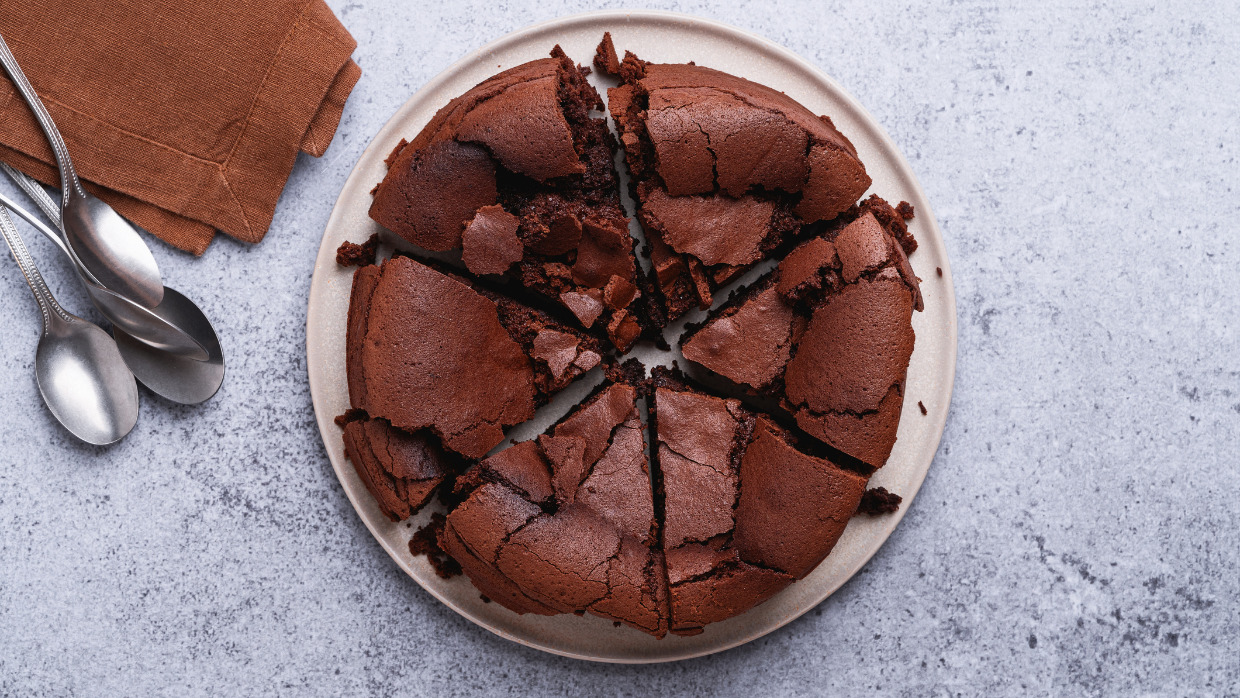Humans have a remarkably complex relationship with eating. There is no other species that struggles with what to eat, when, how much, and all of the other nuances and considerations we wrestle with just to get a meal down our gullets. Cows are delighted daily by their simple grass, and your frog will croak joyously on nothing more than crickets till kingdom come.
Not so the homo sapiens. Why does eating have to be so confusing for us?
Unlike animals, we didn’t come with a food program factory installed. Like many aspects of our lives, we have a lot of freedom—for better or worse. Unlike my dog, who can be manipulated by food (every single time), we have a host of possibilities available to us, from the Paleo diet to raw food veganism. We can experiment, try diets on for size, or go on a hunger strike. In essence, whereas eating for animals is unidimensional (basically filling a hole), humans can imbue this mundane activity with higher levels of meaning.
The act of eating can be about many things simultaneously. It can be about family, health, community, adventure, discovery, art, and ritual. Like many cultures, Judaism embraces each of these avenues of eating. For instance, the Talmud suggests that we will be held accountable for each fruit we had the opportunity to try but passed up. How can you pass on something delicious that God created special for you?
The caveat is that the enjoyment of the material and sensual aspects should incorporate some of the transcendent. For instance, when we eat something, we can be grateful to the person who prepared it for us, stand in wonder at the brilliant and fascinating digestive system, and/or meditate on the ultimate wondrous origin of the food by pronouncing a blessing on it before eating.
Judaism also teaches that “there is no joy without meat and wine” (this presumes that you like them, but they are not required if you don’t). The point is that a physical thing like food is harnessed to generate happiness. There are two very different food-based approaches to generating higher states of awareness and spirituality. Though it is relatively rare, one is to avoid it entirely like we do on Yom Kippur. This is a once-a-year attempt to live in a quasi-angelic state that is beyond the need to eat and, when done in the right spirit for a sufficient amount of time, really works.
The other approach is called in Hebrew “Piut haGuf” (satisfying the body) and is what happens on the Sabbath and most holidays. In this approach, the body is taken care of first. We generously provide it with delicious victuals so that it will stop needing things for a while and allow our spiritual nature to emerge. What we see is that the food itself is a secondary goal. It’s a vehicle to create deeper, more valuable states of awareness. In this sense, eating is a paradigm for how to use the entire physical world and how we incorporate it into ourselves.
Long ago, the Jews had a Temple in Jerusalem. There’s a Kabbalistic idea that the various vessels that it contained paralleled the human body. The Menorah resembles the brain and was said to be associated with wisdom. The copper washing basin is likened to the kidneys that cleanse the body of toxins, and the altar that consumed the various offerings was likened to the stomach. It was said that just as the act of eating quite literally keeps the soul of a human anchored in its physical form, so too did the altar ground Divinity into the Temple.
Though we long for its restoration, the Temple has been gone for two millennia. Judaism teaches that the kitchen table has replaced the altar, and the family and friends who gather at it are the priests who administer it. According to Judaism, eating can be an act of holiness, and it is up to us to what degree we would like to maximize it. Is “lunch” scarfing a hotdog on the street in between meetings or an opportunity to take pleasure in the gifts of the Creator and ascend a rung on the spiritual ladder? The choice is ours.















Great article but gross picture
Ess. Don't fress.
Artistic writing about the commom food.